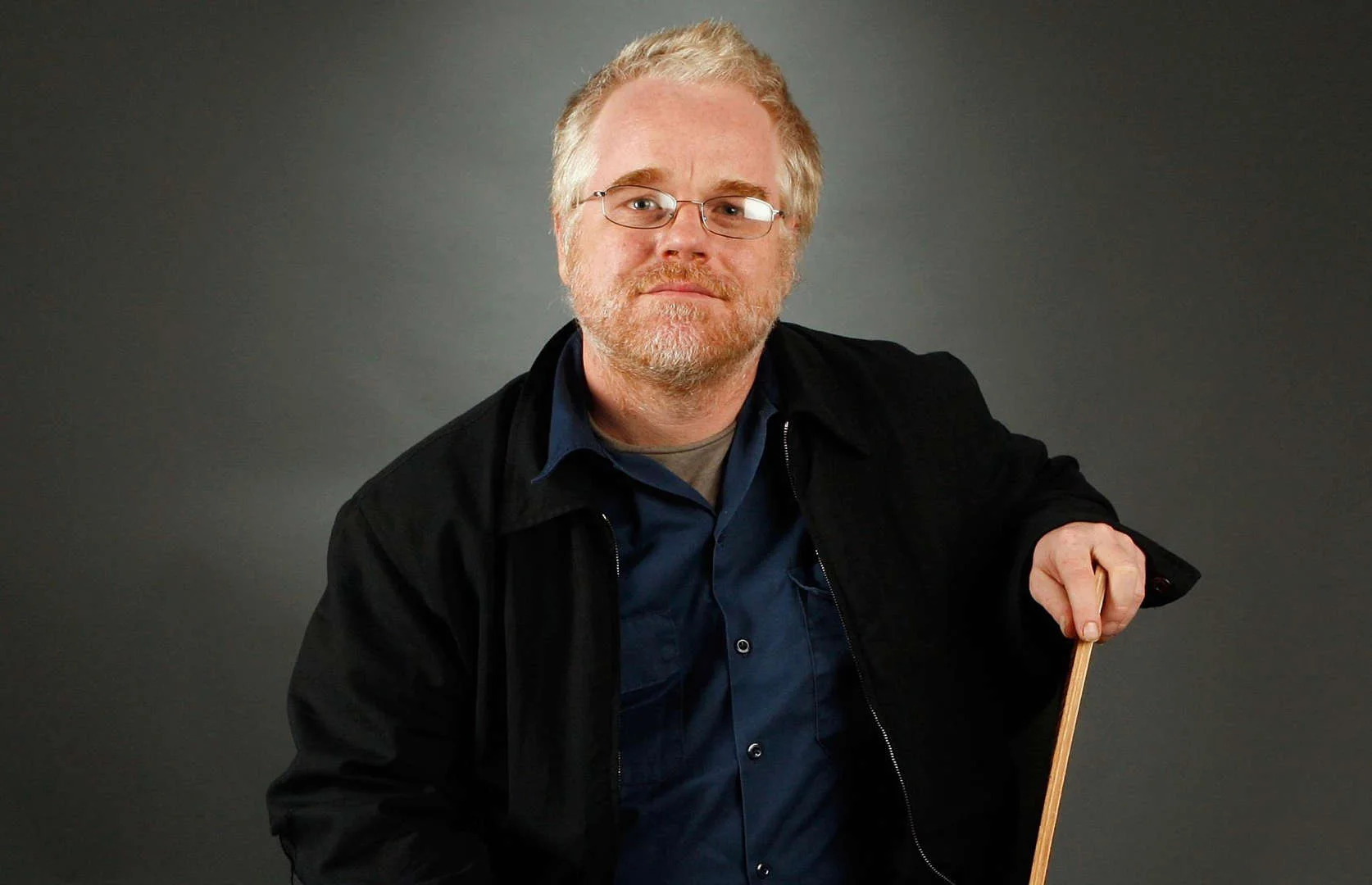From Hollywood legends to business tycoons, fame and fortune don’t always translate to familial generosity. This list explores the stories of nine celebrities who opted to leave their children surprisingly little, or even nothing at all, in their wills. Their motivations were complex, ranging from a desire to shield their offspring from the pitfalls of wealth to accusations of manipulation and family discord. These cases illuminate the fascinating, and sometimes heartbreaking, intersection of money, fame, and family.
Joan Crawford: Beyond the Glamour, a Look at Her Family Life
Academy Award-winning actress Joan Crawford was a titan of the silver screen, transitioning from silent films to become a Hollywood mainstay. However, her captivating life extended beyond the red carpets and flashing lights. The narrative surrounding her adopted children paints a complex picture, revealing a facet of Crawford’s life that was far from glamorous.
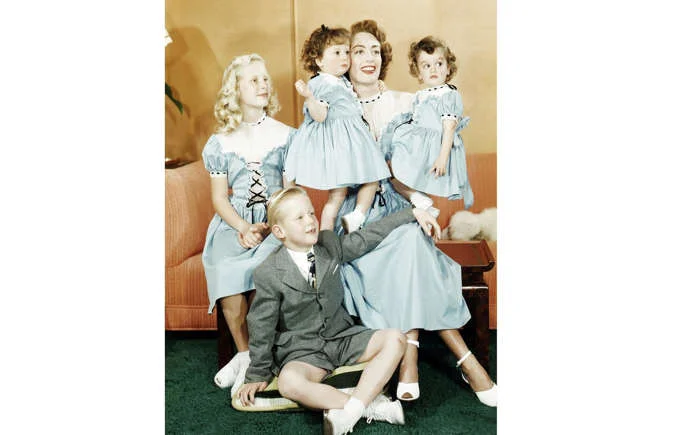
Biologically unable to have children, Crawford embraced motherhood through adoption. In 1940, she adopted Christina, the first of her children. Two years later, she and her then-husband, actor Phillip Terry, expanded their family with the adoption of a son, named Christopher. However, their journey as Christopher’s parents was short-lived. His biological mother surfaced, seeking his return, leaving a void in the Crawfords’ household.
Undeterred, Crawford and Terry persevered, adopting another boy shortly thereafter. Initially named Phillip Terry Jr., the child became Christopher Jr. following their divorce. This name change reflected the underlying instability within Crawford’s personal life.
In 1947, Crawford seemingly achieved her vision of a complete family with the adoption of fraternal twins, Cathy and Cindy. Despite her aspirations, a harmonious family dynamic remained elusive.
Following Crawford’s death in 1977, a public controversy erupted. Christina and Christopher, in Christina’s 1978 memoir “Mommie Dearest,” presented a scathing portrayal of their mother. The book depicted Crawford as a controlling and abusive figure, prioritizing her career over her children’s emotional well-being. This narrative was further amplified with the 1981 film adaptation.
Cathy and Cindy vehemently disputed the claims in “Mommie Dearest,” asserting they had never experienced such treatment. This public discord highlighted the fractured relationships within the Crawford family. The rift was further emphasized by the contents of Crawford’s will. While Cathy and Cindy reportedly received a substantial sum from her $2 million estate, Christina and Christopher were explicitly disinherited. Crawford’s terse explanation in the will – “reasons which are well known to them” – only fueled speculation about a deeply troubled family dynamic.
Joan Crawford’s legacy extends beyond her captivating performances. Her life, particularly her relationships with her adopted children, serves as a reminder that the lives of celebrities are not always picture-perfect, often harboring complexities that remain shrouded in secrecy.
From Family Chambers to Fortune: The J. Seward Johnson Inheritance Saga
John Seward Johnson I, a scion of the Johnson & Johnson dynasty, led a life marked by both privilege and controversy. Following in his father’s footsteps, John served as a director of the pharmaceutical giant co-founded by his father, Robert Wood Johnson I, in 1886. However, his personal life took a dramatic turn when he met Barbara Piasecka, a young woman employed as a chambermaid in his household.
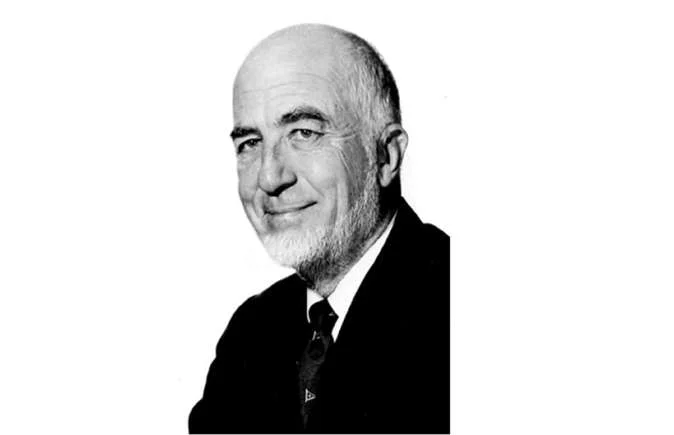
Despite a significant age difference – Barbara was four decades younger – John became infatuated and ultimately divorced his second wife to marry Barbara in 1971. This decision sent shockwaves through the Johnson family, with his six children conspicuously absent from the wedding ceremony. The rift would fester, culminating in a bitter legal battle after John’s death in 1983.
John’s will bequeathed the lion’s share of his estimated $400 million estate (roughly $1.1 billion in today’s dollars) to Barbara. Enraged by their exclusion, John’s children contested the will, alleging that Barbara had manipulated their father into disinheriting them. The ensuing lawsuit became a public spectacle, with accusations of “undue influence” swirling around Barbara.
While the court battle ultimately awarded John’s children a symbolic 2% share of the estate each, Barbara emerged victorious, retaining the bulk of the fortune. Interestingly, despite the inheritance dispute, the Johnson family appears to have persevered. John’s grandson, Jamie Johnson, went on to achieve success in his own right. In 2003, Jamie directed the documentary “Born Rich,” exploring the complexities of inherited wealth. The film garnered significant critical acclaim, receiving two Emmy nominations in 2004.
The John Seward Johnson I story offers a glimpse into the often-turbulent world of wealth and family dynamics. It raises questions about the impact of inheritance on family relationships and the potential for manipulation when significant wealth is involved.
Hollywood Legends and Family Feuds: Bette Davis and B.D. Hyman
The rivalry between Bette Davis and Joan Crawford is etched in Hollywood lore. Ironically, while Davis leapt to Crawford’s defense after the publication of “Mommie Dearest,” she would soon face a similar betrayal from her own daughter.
Barbara Davis, known as B.D. Hyman (pictured), was born in 1947. Early accounts suggest a positive mother-daughter relationship, which seemingly fractured after B.D.’s conversion to Christianity and failed attempt to convert her mother.
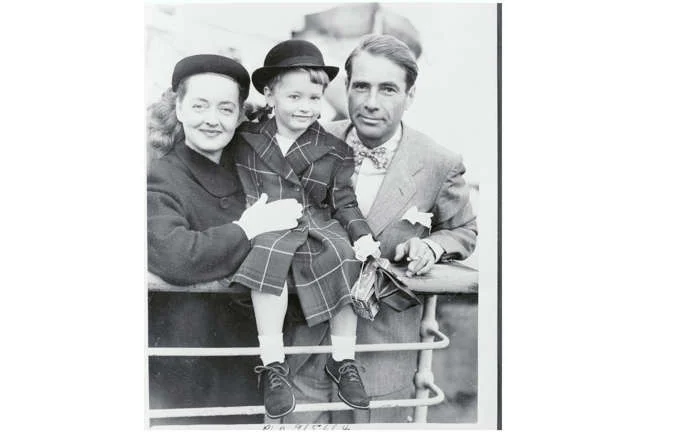
In 1985, a frail Bette Davis, battling cancer and stroke aftereffects, returned from filming “Murder with Mirrors” in England. Awaiting her was a bombshell: B.D.’s memoir, “My Mother’s Keeper,” a scathing portrayal of Davis as a cruel, alcoholic parent.
Unlike Christina Crawford, B.D. chose to publish the book while her mother was still alive. Accusations flew, with many suspecting B.D. of emulating Christina’s success with “Mommie Dearest.” The memoir ignited a family firestorm. B.D.’s brother, Michael, severed all ties, while Davis publicly denounced the book in her own memoir, slamming it as a betrayal of loyalty.
The consequences were severe. Davis disinherited B.D., leaving her estimated $1-3 million estate (at the time of Davis’ 1989 death) to Michael and a close friend. The once seemingly tight bond between mother and daughter became another tragic Hollywood story of fractured family ties.
From Beverly Hills to Reality: Aaron Spelling’s Legacy and the Price of Privilege
Aaron Spelling, the prolific producer behind iconic shows like “Beverly Hills, 90210,” was a titan of television. His daughter, Tori Spelling (pictured), recently attributed her lack of financial savviness to her upbringing under his wealthy wing. Despite amassing a staggering $500 million fortune at his death in 2006, Aaron’s legacy for his children would be a controversial one.
The Spellings were the epitome of Hollywood opulence, residing in the famed “Manor,” a 123-room behemoth that remains the priciest private residence in California, selling for a jaw-dropping $119.7 million in 2019. This extravagant lifestyle fueled concerns from Aaron and his wife Candy that their children, Tori and Randy, would be ill-equipped to manage their own finances.
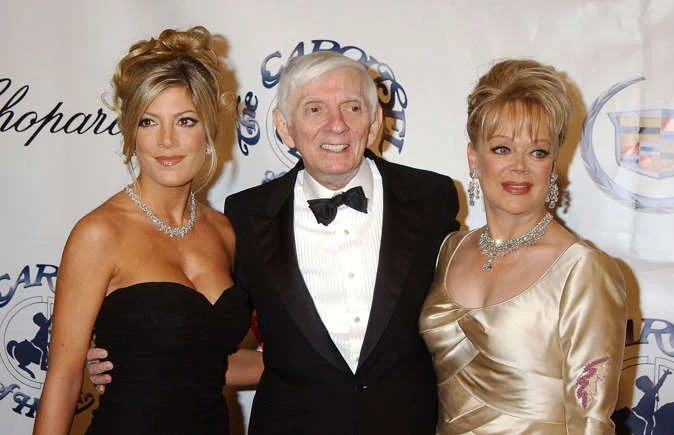
To safeguard their inheritance, Aaron’s will stipulated a seemingly substantial sum of $800,000 each for his children after taxes. While a significant amount for most, it amounted to a mere fraction (less than 1%) of Aaron’s estate. This decision forced Tori and Randy to confront a reality far removed from their privileged upbringing.
Aaron’s foresight may have been warranted. By 2016, Tori faced lawsuits from credit card companies, suggesting a tendency towards overspending. In hindsight, Aaron’s legacy, for his children at least, became a cautionary tale about the perils of unchecked privilege and the importance of financial responsibility.
Tony Curtis: A Hollywood Legacy Tarnished by Family Strife
Tony Curtis, the comedic genius behind films like “Some Like It Hot” (pictured with his first wife Janet Leigh and daughters), was a Hollywood leading man with a complex personal life. Married six times, he fathered six children, including actress Jamie Lee Curtis.
Early indications suggested a positive dynamic between Curtis and his offspring. In the 1990s, he even collaborated with Jamie Lee to fund a synagogue in Budapest, Hungary. Therefore, the revelation of his 2010 will sent shockwaves through the family.
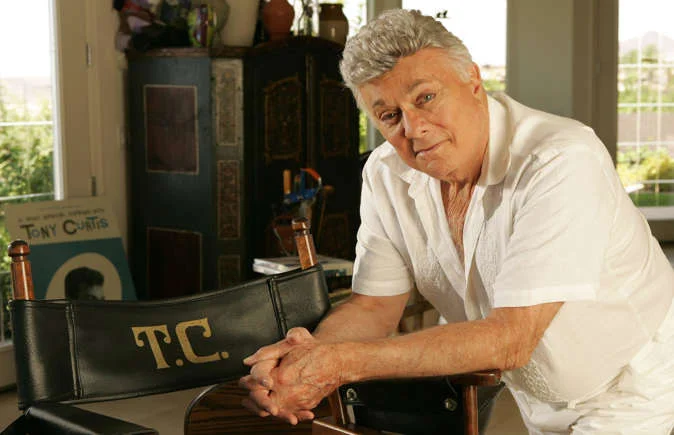
Curtis’ will acknowledged his five surviving children but explicitly excluded them from inheriting any portion of his estimated $40 million estate. The rationale behind this decision remains shrouded in mystery. His children vehemently suspected his much younger sixth wife, Jill Vandenberg (pictured), of manipulating him into disinheriting them. This suspicion was further fueled by Jill’s actions following Curtis’ death. Just a year later, she callously auctioned off hundreds of his personal items and Hollywood memorabilia, generating over $1 million, without offering his children any keepsakes or a share of the proceeds.
This sequence of events cast a dark shadow over Curtis’ legacy, transforming it from one of comedic brilliance to a cautionary tale of family discord and the potential for exploitation within close relationships.
Steve Jobs: Fortune, Fame, and a Fractured Family
Steve Jobs, the visionary co-founder of Apple, was a man of immense wealth and influence. At the time of his death in 2011, his net worth was estimated at a staggering $10.2 billion, a figure that translates to an even more impressive $12.75 billion in today’s dollars.
However, Jobs’ legacy extends beyond technological innovation and is tragically intertwined with a complex family dynamic. He fathered four children – three with his wife Laurene Powell Jobs (pictured) and a daughter, Lisa Brennan-Jobs, from a relationship before his marriage.

The story of Lisa is particularly poignant. Despite naming one of Apple’s first computers “Lisa,” Jobs initially denied paternity for years, even after a DNA test confirmed a 94.1% chance he was her father. Their eventual reconciliation remained fragile, with reports suggesting Jobs even withheld financial support during Lisa’s time at Harvard. Lisa’s memoir, “Small Fry,” chronicles the challenges of her relationship with her father (pictured with Lisa).
Further complicating the picture is a 2005 letter from Lisa’s mother, Chrisann Brennan. She requested $25 million for herself and $5 million for Lisa, arguing that Jobs’ success was partly due to her sacrifices in raising his daughter. Jobs viewed this as blackmail, fearing a tell-all book if he didn’t comply.
While the exact details of Jobs’ will remain private, it’s believed that Lisa received a “small fortune” compared to the bulk of the estate, which went to Laurene. His other children reportedly received nothing.
Steve Jobs’ story serves as a stark reminder that wealth and success can coexist with personal turmoil. The fractured relationship with his daughter Lisa remains a blemish on his otherwise remarkable legacy.
From Andy Hardy to Empty Pockets: The Troubled Later Years of Mickey Rooney
Mickey Rooney, a child star who captivated audiences for nearly a century, lived a life as dynamic as his career. Debuting at a mere 17 months old, he amassed a filmography exceeding 300 titles and a salary that once peaked at a staggering $65,000 per week (roughly $250,000 today). However, the Hollywood golden boy’s final act was a stark contrast to his early brilliance.
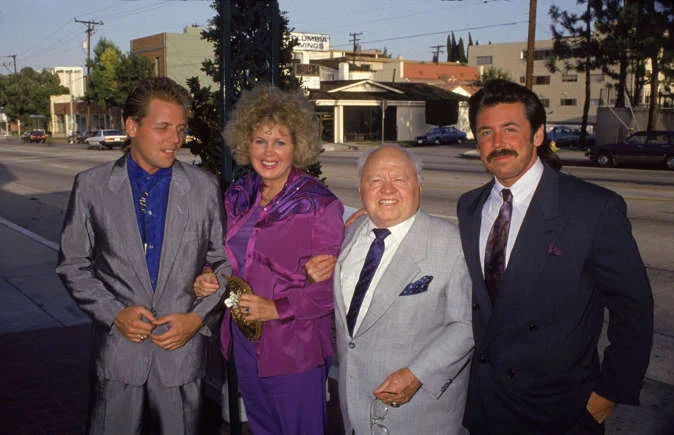
Despite his immense wealth at one point, by the time of his death in 2014 at the age of 93, Rooney’s estate had dwindled to a meager $18,000. Estranged from many of his nine biological children, Rooney resided with his stepson Mark, the son of his eighth wife Jan (pictured left to right: Mark, Jan, Mickey, and Chris). This living arrangement stemmed from a bitter dispute with Mark’s brother Chris (far right), whom Rooney accused of elder abuse and subsequently obtained a restraining order against.
Rooney’s will, revealed in April 2014, left his entire estate to Mark and his wife Charlene, effectively disinheriting not only Chris but all his biological children. This decision ignited a legal battle as seven of Rooney’s eight surviving children contested the will, alleging “undue influence” from Mark and Rooney’s attorney. However, a Los Angeles judge ultimately sided with Rooney’s wishes, upholding the terms of the will.
Mickey Rooney’s story serves as a cautionary tale, highlighting the potential pitfalls of fame and fortune. While his onscreen legacy remains undeniable, the complexities of his personal life, particularly his strained relationships with his children, cast a shadow over his later years.
Philip Seymour Hoffman: A Legacy of Talent and Nuanced Parenting
The year 2014 marked a tragic loss for Hollywood with the passing of Philip Seymour Hoffman, a versatile actor known for his intense and nuanced performances. At the young age of 46, Hoffman succumbed to a drug overdose, leaving behind a grieving family and a remarkable body of work.
Father to three children with his longtime partner, costume designer Mimi O’Donnell, Hoffman’s personal life was demonstrably different from the cautionary tales of other celebrities and wealth. Having battled and overcome addiction earlier in his life, Hoffman tragically relapsed in 2013.
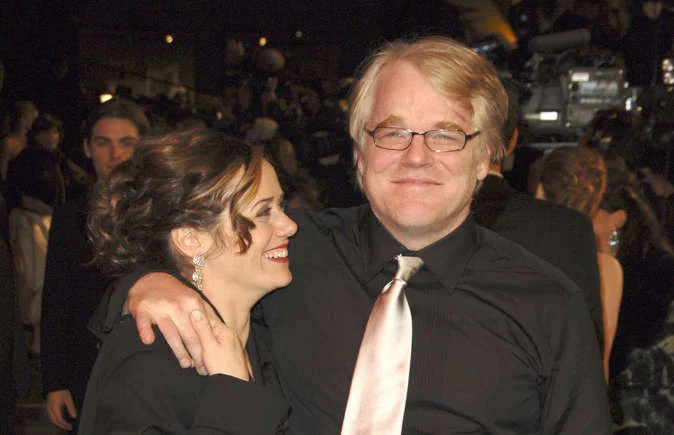
Despite his struggles, Hoffman prioritized his children. Unlike Mickey Rooney, whose story we explored earlier, Hoffman fostered a close relationship with his offspring, Cooper, Tallulah, and Willa. The family even accompanied him on location shoots, a testament to the importance he placed on family time.
However, Hoffman’s approach to inheritance deviated from the norm. Probate documents reveal a conscious decision not to leave his children a direct inheritance from his “considerable fortune.” His motivation, as documented, stemmed from a desire to prevent them from becoming reliant on a trust fund, a situation he believed could be detrimental.
Philip Seymour Hoffman’s story is multifaceted. His exceptional talent enriched the world of cinema, while his dedication to his family underscores the complexities of parenting, particularly when wealth is involved. His legacy extends beyond the silver screen, prompting reflection on the choices we make to shape the lives of those we love.
Jerry Lewis’ Will and Family Feud
Jerry Lewis, the iconic comedian revered as the “King of Comedy,” left behind a legacy tarnished by controversy after his death in 2017. His will revealed a stark contrast to his on-stage persona, sparking a very real family feud.
Lewis, who amassed a sizable fortune of around $50 million over his eight-decade career, had seven children. Six were from his 35-year marriage to Patti Palmer, and one was an adopted daughter with his second wife, SanDee Pitnick (pictured with Lewis in 2011).

However, Lewis’ comedic timing deserted him when it came to his will. He explicitly excluded his first wife’s six children – Gary Lewis, Ronald Lewis, Anthony Joseph Lewis, Christopher Joseph Lewis, Scott Anthony Lewis, and Joseph Christopher Lewis (Joseph having predeceased him) – and their descendants from inheriting any portion of his estate. The will left no room for misinterpretation, stating: “I have intentionally excluded… as beneficiaries of my estate…”
The beneficiaries? SanDee and their adopted daughter, Danielle. This decision fueled resentment, with Gary Lewis publicly branding his father “a mean and evil person.”
Adding another layer of complexity, DNA testing suggested Lewis fathered another daughter, Suzan, in the 1950s. He never acknowledged her publicly, and tragically, she was homeless at the time of his death.
Jerry Lewis’ story serves as a poignant reminder that behind the facade of laughter, complex family dynamics can simmer. His wealth became a source of discord, highlighting the potential for conflict when estate planning doesn’t consider the emotional landscape of family relationships.
